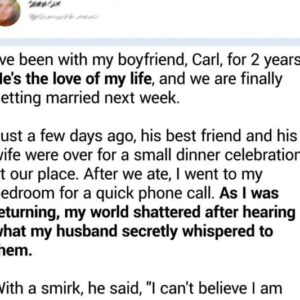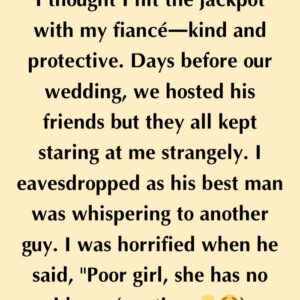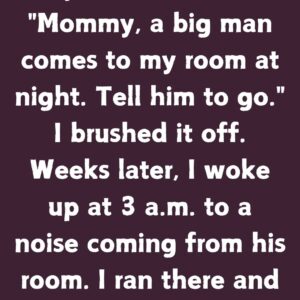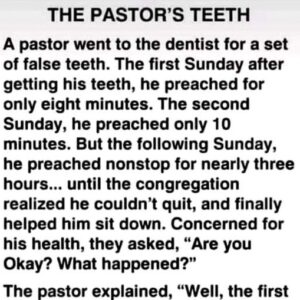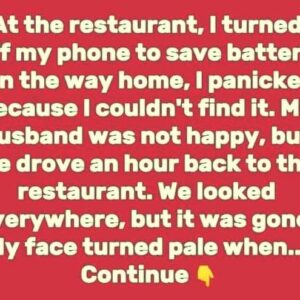Of the 67 years of my life, 45 of them were spent working in the same hospital, first as a nurse and then as a doctor. I devoted myself to my work, but it turned out not to be enough. One day, my boss called me in and said, “I’m sorry, but I have to fire you. Most doctors retire at the age of 60. You are 67. Go home to your family, Margaret.” I had nothing more to say, so I had to agree and leave with dignity.
The transition was challenging. I missed the daily hustle and the satisfaction of helping patients. However, as time passed, I slowly began to love my retirement and the time I was now spending with my grandchildren. We baked cookies, went on nature walks, and built pillow forts. It was a different kind of fulfillment, one I hadn’t realized I needed.
Then, one evening, as I was reading a bedtime story to my youngest grandson, the phone rang. It was my former boss, Dr. Mayer. His voice was trembling, and I could hear the desperation in his tone.
“Margaret, please come back!” he cried.
“Dr. Mayer, what’s going on?” I asked, concern lacing my words.
“There’s been an outbreak, Margaret. We’re overwhelmed, and we need all the help we can get. Your experience… your knowledge… we need you.”
I was stunned. “An outbreak? Of what?”
“There’s a new virus,” he explained. “It’s spreading rapidly, and we’re short-staffed. Many of our doctors are sick, and we need you to help manage the crisis. Please, Margaret, you’re the best we have.”
I paused, looking at the framed photos of my family on the mantel. The world needed me again, just when I thought my purpose had shifted solely to my family. I felt a resurgence of the old spark, the sense of duty that had driven me for decades.
“I’ll be there first thing in the morning,” I said firmly.
The next morning, I arrived at the hospital to find it in chaos. Dr. Mayer greeted me with a mixture of relief and exhaustion. “Thank you for coming, Margaret. We’re truly in dire straits.”
I was quickly brought up to speed. The virus was highly contagious, and the hospital was flooded with patients. I donned my scrubs, put on a mask, and got to work. The years seemed to melt away as I fell back into the familiar rhythm of diagnosing, treating, and comforting patients.
As days turned into weeks, I worked tirelessly alongside my colleagues, old and new. My presence provided a stabilizing force. The younger doctors looked to me for guidance, and my years of experience proved invaluable in handling the crisis.
One evening, as we took a brief break, Dr. Mayer approached me. “Margaret, I can’t thank you enough. You saved us.”
I shook my head. “No, Dr. Mayer. We saved each other. This hospital has been my home for so long, and I couldn’t stand by and watch it struggle.”
The outbreak eventually subsided, and life at the hospital began to return to normal. I stayed on for a few more months to ensure everything was back on track before finally retiring once again, this time on my own terms.
Returning home, I felt a profound sense of accomplishment. I had come full circle, proving that even in retirement, my skills and knowledge were still needed and appreciated. And as I settled back into my life with my family, I knew that I had left a lasting legacy, both at the hospital and in the hearts of those I had helped.
